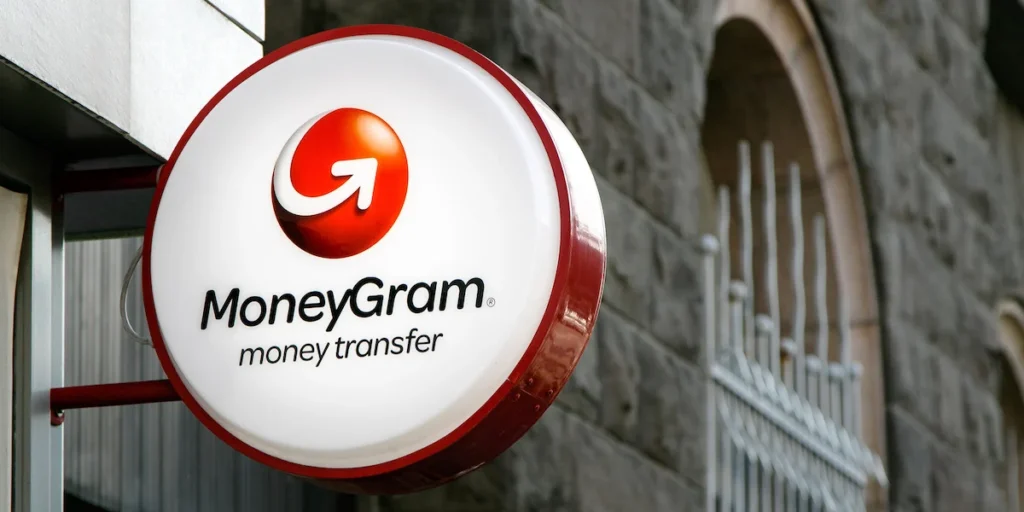Cex.io exchange has announced the incorporation of the Stellar blockchain and financial services company MoneyGram to offer users cash-in and cash-out options through USDC conversion.

The partnership will increase the availability of crypto cash-in and cash-out services to CEX.io users, allowing for the conversion of Circle USD to physical currency and vice versa at participating MoneyGram locations.
Joel Kosloski, the chief information security officer and chief information officer at CEX.io, informed Cointelegraph that the exchange is “actively working” to broaden the integration to additional countries.
Locational implications of the new service
The integration’s primary objective is to facilitate the funding and cashing out CEX.io accounts with USDC for consumers in the European Economic Area (EEA), Africa, Latin America (LATAM), and other regions.
It is also possible for users in Austria, Hungary, Ireland, Lithuania, and Poland to fund their accounts using physical currency. There are plans to expand this list in the future.
Kosloski clarified that the collaboration with MoneyGram will enable the centralized crypto exchange to facilitate the administration of “their crypto and cash” for users.
Integration of a stellar network
Integrating the Stellar network will significantly influence the conversion process between digital and fiat currencies. This blockchain is specifically designed to facilitate cost-effective and rapid transactions.
Stellar’s technology, which is adept at tokenizing conventional currencies, will enable CEX.io to provide its consumers with fiat-to-USDC and USDC-to-fiat services at participating MoneyGram locations.
Arina Dudko, the director of Lithuania and chief of corporate payment solutions at CEX.io, stated that the Stellar network will expand the range of payment methods available to users.
Euro-backed stablecoin on Stellar
On August 5, a partnership was declared to reintroduce EURT, a euro-pegged stablecoin scheduled to launch on the Stellar network.
The initiative would fully comply with the European Union’s new crypto legislation, according to France-based fintech company Next Generation and Ireland-based electronic money institution Decta.
On July 1, the EU Markets in Crypto-Assets Regulation (MiCA) framework, which concentrates on stablecoins and their issuers, took effect.
The complete scope of MiCA will be implemented on December 30 and include crypto-asset service providers (CASPs), such as exchanges, wallet providers, and other related services.
